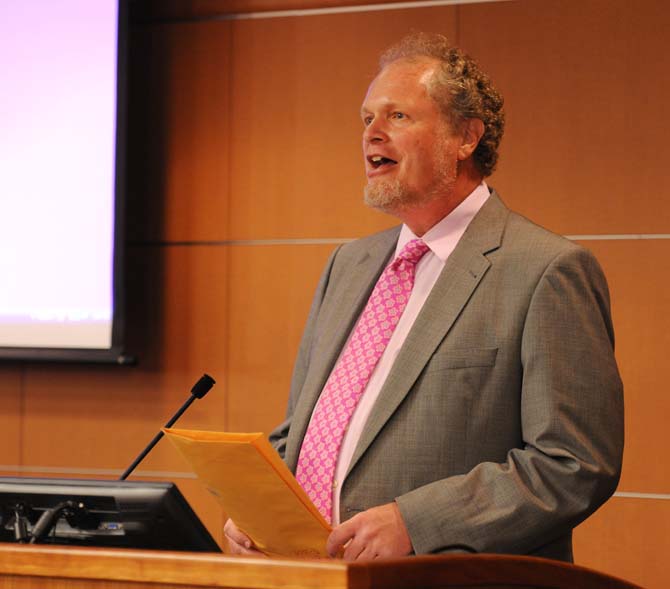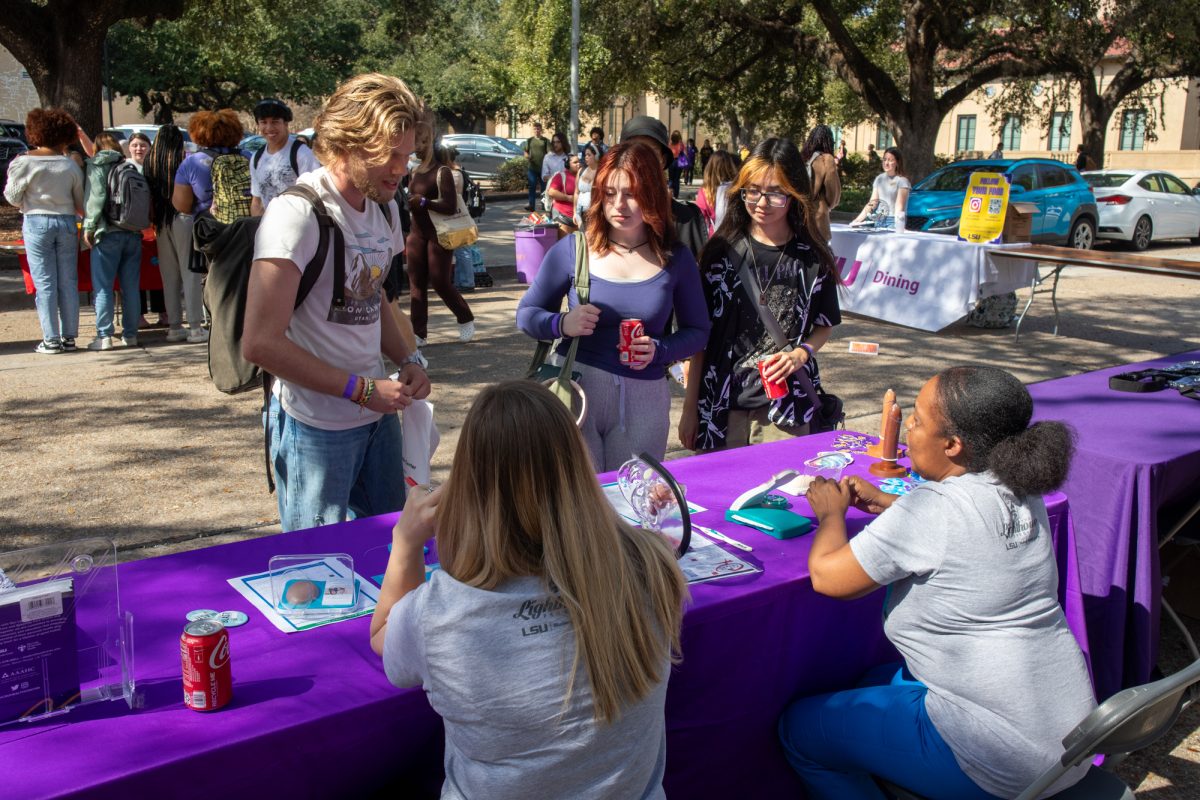University researchers may find themselves subject to random drug and alcohol testing, after three University offices expanded their lists of “safety-sensitive” positions.
Vincent LiCata, professor of biological sciences, said he became aware of the expansion when Human Resource Management sent him and his colleagues an email telling them to notify their research associates and postdoctoral associates that they must provide written consent to the random testing.
Prior to the expansion, only researchers who dealt with “dangerous” chemicals were screened, LiCata said. The change expanded the screenings to all research associates, he said.
The offices with expanded lists include the Office of Human Resource Management, Office of Risk Management and Office of Environmental Health and Safety
To put the expansion in perspective, LiCata said in an email, a research associate conducting mass communication research may be subject to random drug and alcohol screening if their title is research associate.
LiCata defined research associates as people paid, most often through grants, solely to conduct research at the University. He pointed out the National Science Foundation and the National Institutes of Health, which he estimates fund 90 percent of research in the U.S., have no requirements similar to the University and have rejected such policies when brought up.
Postdoctoral associates will also be included in the expansion. LiCata said postdoctoral associates will go to another university for more experience after receiving their doctorate, much like physicians complete a residency at a hospital before venturing out on their own.
A.G. Monaco, associate vice chancellor for Human Resource Management, provided a list of positions considered “safety-sensitive,” which did not include postdoctoral associates or research associates, Licata said. Those two were added orally, at a meeting of Human Resource Management representatives, making the status of these positions more ambiguous, LiCata said.
One of the concerns motivating the expansion is insurance, said Faculty Senate President Kevin Cope. Although there are concerns with people operating heavy machinery, handling dangerous chemicals and driving around campus, Cope said, research associates and postdoctoral associates are not likely to be in a risky position,
Both LiCata and Cope said they think the expansion is an abuse of Fourth Amendment protections against unreasonable search and seizure.
LiCata submitted a resolution to the Faculty Senate for the Dec. 5 meeting, titled “A Call for Protection of Privacy Rights of LSU Staff.” At the February Faculty Senate meeting, Monaco addressed some of the concerns and planned a meeting to speak with the sponsors of the resolution, Cope said.
The meeting should happen before the March 18 Faculty Senate meeting so they can have some progress to report, LiCata said. He said he is hopeful about resolving the issue, because “the administration has been very responsive to the faculty senate.”
Alcohol, drug tests possible for researchers
February 27, 2014
Faculty Senate President Kevin Cope calls the meeting to order April 17, 2013, in the Capital Chamber of the Student Union.
More to Discover










